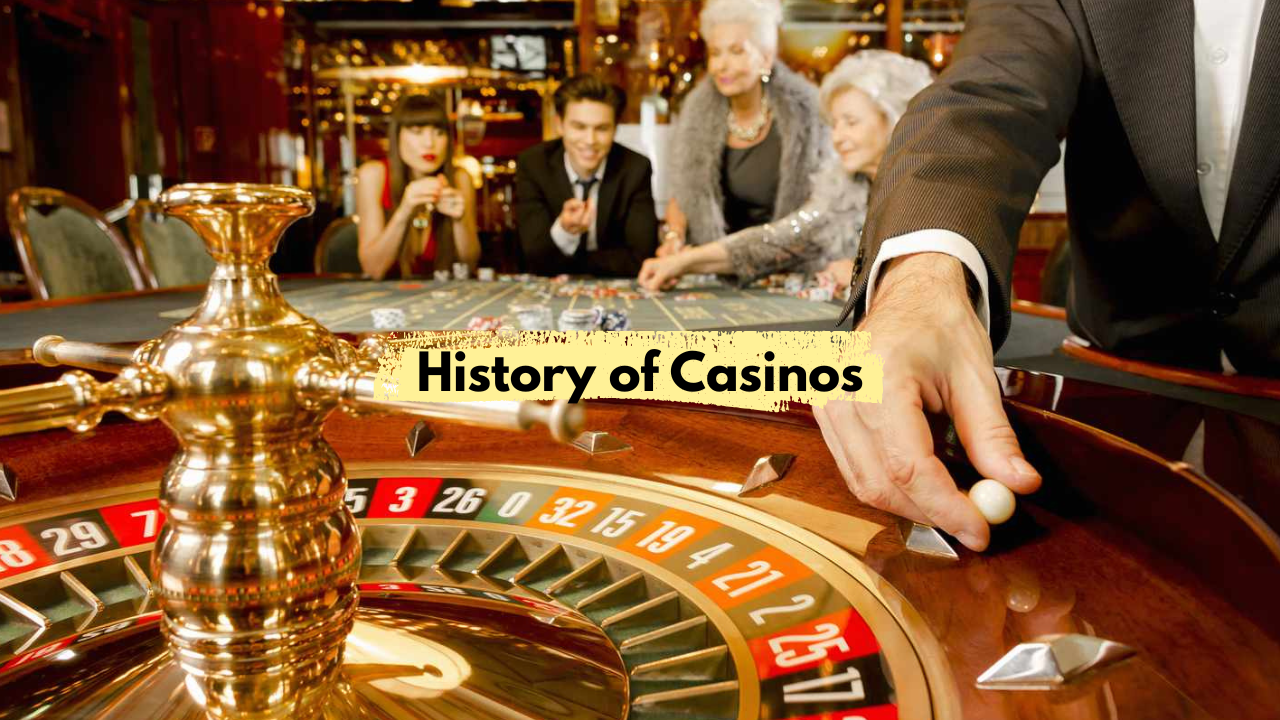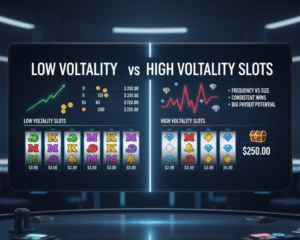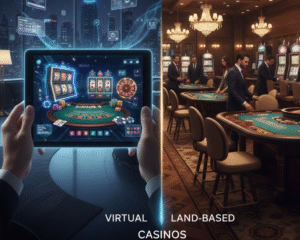The History of Casinos have always had a mysterious charm: brutal lights, lively crazy and the promise of luck that is waiting for only a turning point or a distance card. But have you ever wondered where everything started? The shiny casinos of Las Vegas are perhaps the first to come to me, but the story extends for centuries, crossing oceans and cultures.
Let’s take a journey through time – from the narrow channels of Venice to the Bagliore to the Neon of Las Vegas – and we discover how the History of Casinos have transformed from collectors into elite into global entertainment.
The origin of the gambling
Gambling is as old as old civilization itself. The old companies launched bone dice, pulled lots or played in a game of game for fun, luck and sometimes even surviving. Archaeologists discovered the first dice in Mesopotamia over 5000 years ago, while the test of the game games was found in ancient China, Rome and Egypt.
For people of the past, accidental games did not only concern money, but they were also a way to socialize, celebrate festivals and even predict the future.
Venice: the birthplace of the first casino
The first official casino of history was opened in Venice, in Italy, in 1638. Known as reduced, it was created by the Venetian government to regulate gambling during the annual season of the carnival. The reduced was not the typical meeting place nearby. It was a glamorous and exclusive place where the rich elite met to play possibilities in a controlled environment. Imagine masked nobles, candlelit rooms and the sound of the dice that rolled on the tables: it was a mix of elegance and excitement that gave the tone to future History of Casinos.
Casino spread throughout Europe
After the success of Venice, the concept of History of Casinos spread on Europe as an ongoing fire. In the 18th and 19th centuries, lush game houses emerged in the city such as Monte Carlo, Paris and Baden-Baden. Monte Carlo in particular has become synonymous with glamor with high use. The famous Casino de Monte-Carlo, opened in 1863, attracted kings, aristocrats and celebrities. These facilities were not only games of chance – they were luxurious stations that entertain the elite and combined social networks.
Meanwhile, games such as roulette and Baccarat have become known names, which strengthened the role of Europe during the design of the culture of the casino.

The American border: playing in the West West
As a European colonist in America, they brought gaming traditions with them. But instead of decorated rooms and ball rooms, the game found a house in lounges and river boats.
During the 19th century, the American border was wild and wild, just like its game scene. Poker, blackjack and dice games became faithful food in places like New Orleans, San Francisco and Mississippi-River boats.
These places were not glamorous – they were smoked, noisy and often associated with alcohol consumption and duels. However, they threw the basis of the deep romantic relationship of America with the game.
The rise of Las Vegas: a desert oasis
Fast preliminary in the 20th century, and the heart of the history of the History of Casinos moved to Nevada. In 1931, the state legalized the game, and Las Vegas quickly went from a dusty desert city to the main entertainment.
At first, the vegas casinos were small and modest, but the arrival of investments supported by the crowd changed everything. Legendary posts such as Flamingo Hotel, built by Bugsy Siegel in 1946, marked the start of the city’s rise. Suddenly, the History of Casinos were not only on the game, but offered fine food, luxurious hotels and first -class entertainment. In the middle of the twentieth century, Las Vegas had become the permanent playground for people looking for sensations, with flashy neon signs that illuminated the desert evening.
The glamor of the 1950s and 1960s
The post -war era gave Vegas his golden glow. Celebrities such as Frank Sinatra, Dean Martin and the rest of the mice package performed regularly in Las Vegas History of Casinos and attracted huge crowds. Gokhallen has become stage for music, comedy and theater, which combines nightlife with gambling.
Las Vegas was not just for gambler: it was a destination for all those who were looking for glitter, glamor and the possibility of rubbing their shoulders with the stars.
The expansion beyond Vegas
Although Las Vegas became the jewel of the crown of the casino industry, this was not the only player on stage. Other regions followed soon. Atlantic City legalized the gambling in 1976, hoping to recreate part of the magic of Las Vegas on the eastern coast.
In the meantime, the American indigenous tribes in the United States began to open casinos at the end of the twentieth century, creating a completely new wave of game possibilities. Internationally, places like Macao (now the largest Gokhub in the world), Singapore and Australia have built mega resorts who also combine Las Vegas.
The digital era: online casino
The late nineties and early 2000s raised a new revolution – Tonline casino. Suddenly, the players did not have to travel to glamorous destinations to bet. With only a computer or smartphone they can play poker, slot or roulette from home comfort.
Today online casinos generate billions of income and attract millions of players all over the world. Functions such as live retailers games, mobile apps and virtual reality make the digital game experience almost compelling as real job.
Modern casinos: more than the game
Modern casinos are no longer just cards and cubes. These are entertainment complexes that offer concerts, restaurants with Michelin Star, luxury purchases, spas and even themed parks.
For example, the Bellagio in Las Vegas is famous for its breathtaking well, while stations from Macao International Boxing Matches and fashion shows. Casinos have become global destinations where the game floor is only part of a much greater experience.
The future of casinos
So what is the next step? The future of History of Casinos seems to combine tradition with technology. Wait for a more guided personalization from the AI, the virtual reality casino and the gambling of cryptocurrency. As the technology advances, the border between physical and digital casino will vanish, giving players new and exciting ways to enjoy the coincidence.
Read More: Online vs. Land Casinos: Pros and Cons
Conclusion
From the candlelight of the reduced Van Venice al Nor -Staten of Las Vegas, the History of Casinos is a history of glamor, risk and reinvention. What started as an exclusive pastime for the European elite has been converted into a global industry that is worth billions. Casinos have always treated more than money – it is the excitement, escape and timeless thrill of chance. And while the formats can change, the essence of the game – the hope of shooting fortune in their favor – is as powerful as always.




